Mehmet Yilmazata wrote ‘Notes on Flavius Aetius, “The Last of the Romans”: A Representation in Historiography’, Journal of Ancient History and Archaeology 9 (2022) 53-75.
Online here
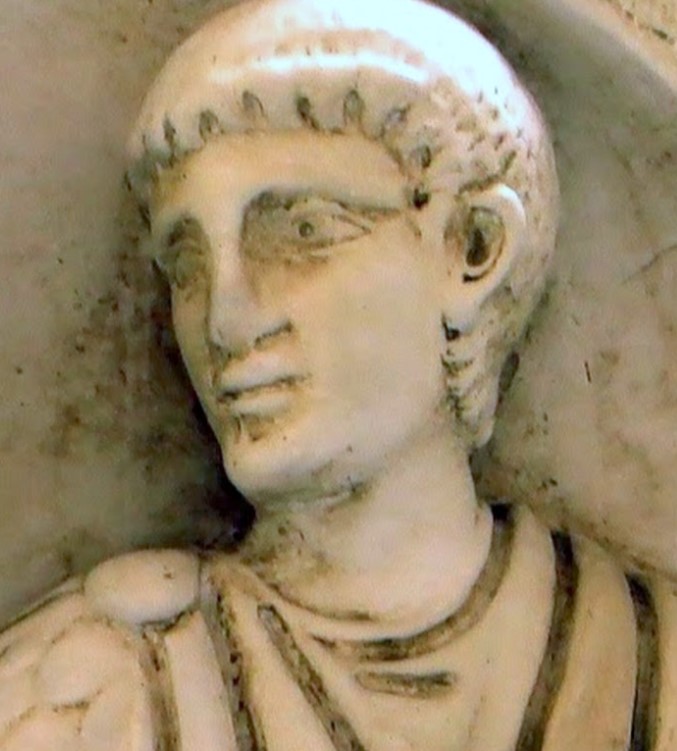
Mehmet Yilmazata wrote ‘Notes on Flavius Aetius, “The Last of the Romans”: A Representation in Historiography’, Journal of Ancient History and Archaeology 9 (2022) 53-75.
Online here
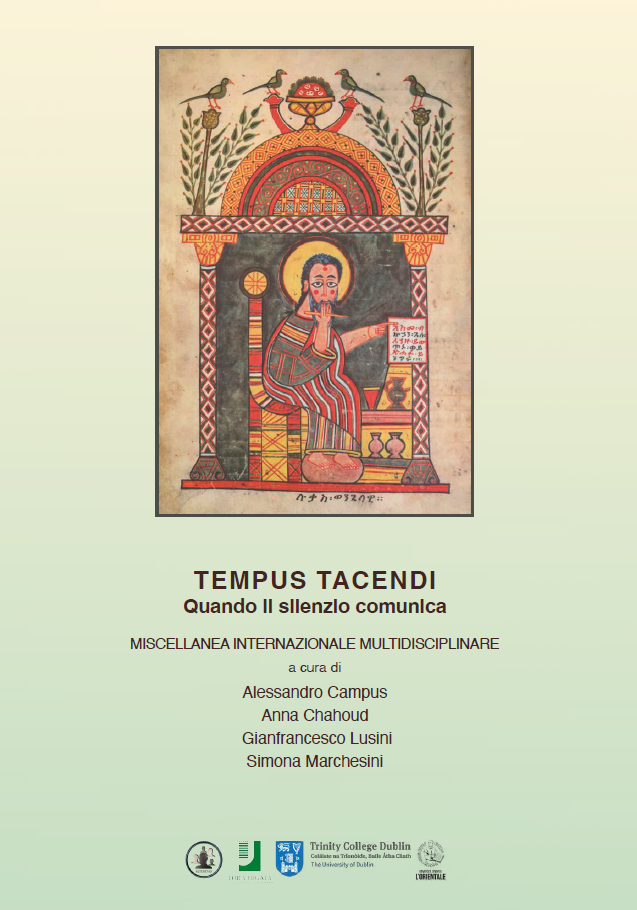
Ian Wood writes on Sidonius’ silence in his letters about activities mentioned in his epitaph:
Causarum moderans subinde motus
Leges barbarico dedit furori;
Discordantibus inter arma regnis
Pacem consilio reduxit amplo.
Ian Wood, ‘The Silence of Sidonius’, in: Alessandro Campus et al. (eds), Tempus Tacendi. Quando il silenzio comunica, Verona: Alteritas, 2023, 213-28.
Download the volume from Alteritas or from Academia
See also Wood 2016, 2017, 2020, 2021.
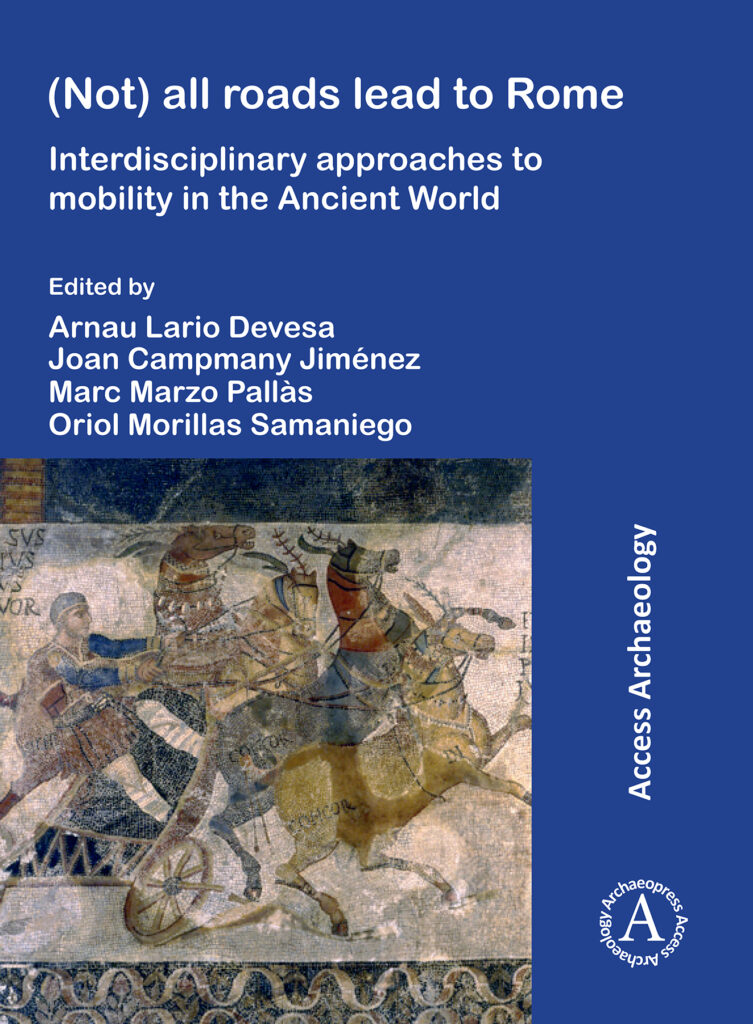
Àngel Rodríguez García writes on ‘Episcopal Correspondence in Fifth-Century Gaul: Leadership in Times of Crisis’, centered on Sidonius, in an edited volume (Not) All Roads Lead to Rome: Interdisciplinary Approaches to Mobility in the Ancient World (Oxford: Archaeopress, 2023), 168–178.
See the publisher’s catalogue
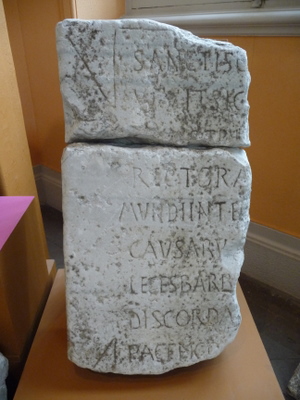
Sidonius’ Presumed Epitaph: Two Manuscripts, Two Fragments of Stone, and Many Questions
The Sidonius Companion announced an article by Patrice Montzamir on the epitaph ‘attributed to Sidonius Apollinaris’ (p. 15 with n. 13). It is here now, finalised on behalf of the Companion project and published on the sidonapol.org website courtesy the author. It explores in depth all we know about the epitaph to reach the following conclusion:
Before the discovery of CP 347, the situation, as stated above, was relatively simple because we had only one witness of the full text of the epitaph attributed to Sidonius. With this new manuscript and its different readings, many questions have reappeared. I think there are serious reasons to doubt the dating given by the manuscripts. Firstly, because the date of the twelfth of the Kalends of September is only found in the martyrologies of Clermont and we have no proof of it before the tenth century, whereas the oldest martyrologies place Sidonius at the tenth. Secondly, because the text of the epitaph better suits Sidonius’ son, even though his biography is incomplete. Of course, without the full stone of the epitaph, we will never be totally sure. For the moment, weighing everything, I am inclined to think that the epitaph attributed to Sidonius is rather the epitaph of his son, Apollinaris, or maybe, but less probably, their shared epitaph.
The article also comprises several illustrations and tables as annexes. The entire dossier is available for download here.

Antonio Romano has come up with ‘A proposito della Iuventii Martialis historia’, Graeco-Latina Brunensia 28 (2023) 129-40.
Download here
Abstract: In a letter to his friend Burgundio (Sidon. epist. 9.14), who was about to write a laus Caesaris, Sidonius Apollinaris drew up a short list of the works written on Caesar that Burgundio had to face: scripta Patavinis … voluminibus, opera Suetonii, ephemeris Balbi, and finally a Iuventii Martialis historia. If the mention of Livy, Suetonius, and Balbus is not surprising, the name Iuventius Martialis (or Vivencius in the Parisinus Latinus 9551) raises some problems: first the identification and, subsequently, the nature of his work on Caesar. Following an ancient hypothesis of identification as Quintus Gargilius Martialis, this paper aims to discuss this suggestion by placing it in the political and cultural context of the end of the Severan age, during the reign of Severus Alexander.
N.B. See also J.S. Reid, ‘Note on the Introductory Epistle to the Eighth Book of Caesar’s Gallic War’, CP 3 (1908) 441-5 on pp. 443-5, which Romano does not mention (JvW).

Étienne Wolff writes on ‘Sidoine Apollinaire et la satire’ in: Da satura a ‘satira’: studi su un genere (non solo) letterario, dossier in Paideia 77 (2022) 253-62.
ToC here
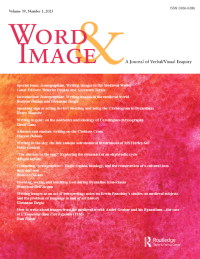
Vincent Debiais begins his article ‘Allusion and elusion: writing on the Cloisters Cross’ on what it materially means to combine writing and image with Ragnahilda’s cup from Ep. 4.8. Published in Word & Image, Volume 39, Issue 1 (2023).
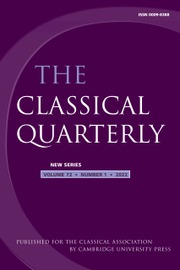
Just out in first view: Giulia Marolla, ‘Who Was Sidonius’ Correspondent Simplicius? An Identification Problem in the Letters’, Classical Quarterly FirstView 30.03.2023.
Abstract
This article presents, as a case study, the various inconsistencies which occur in the prosopographical entries concerning Simplicius, one of Sidonius’ most frequent addressees. Through the exegesis of passages of letters addressed to him (Epist. 3.11, 4.4, 4.7, 4.12, 5.4) and of passages believed to concern him (Carm. 24.89; Epist. 2.9 and 5.7), it argues for a revision of the common identification of Simplicius as brother of Apollinaris and Thaumastus, and for a re-evaluation of the sources which supposedly lead to this conclusion. Some cautionary remarks on the unchecked use of prosopography as a tool are followed by a hypothesis concerning the identity of this addressee of Sidonius.
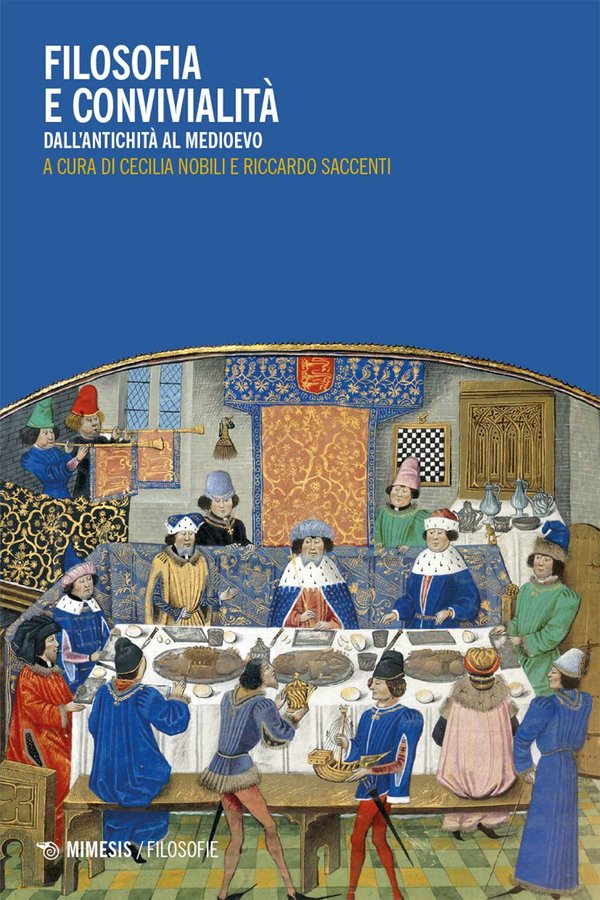
Amedeo Raschieri writes on ‘Poesia, musica e convivio tra Sidonio Apollinare, Cassiodoro ed Ennodio’, in: Cecilia Nobili and Riccardo Saccenti (eds), Filosofia e convivialità dall’antichità al Medioevo, Milan: Mimesis, 2023, 147-67.
From Sidonius, Ep. 9.13.
Sample Academia here
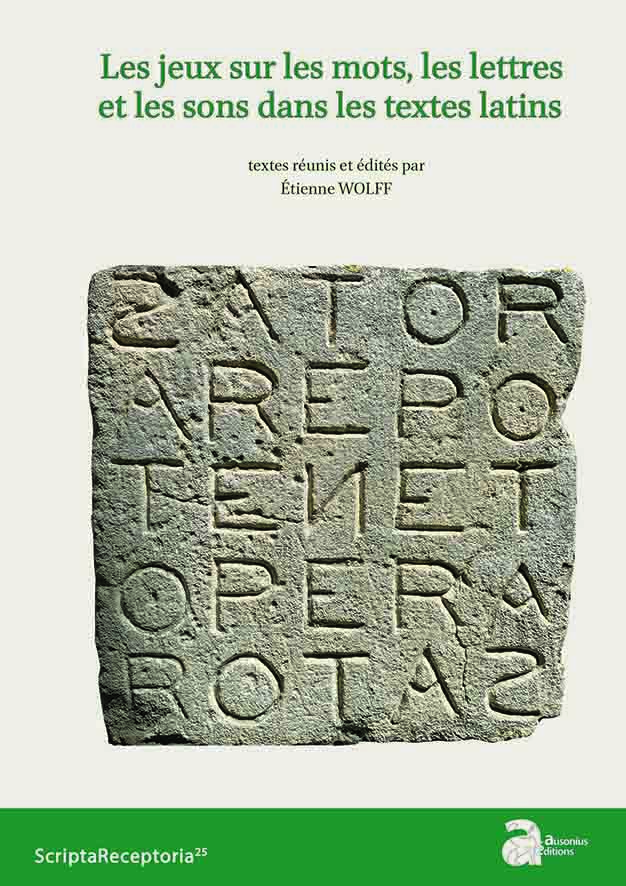
Recently published: Alice Leflaëc and Céline Urlacher-Becht, ‘Le détournement du texte biblique dans les épîtres de l’Antiquité tardive (IVe-VIe s.): modalités et limites du jeu’, in: Étienne Wolff (ed.), Les jeux sur les mots, les lettres et les sons dans les textes latins, Bordeaux: Ausonius, 2023, 323-50.
Discusses Paulinus of Nola, Sidonius Apollinaris, Ruricius of Limoges and Ennodius of Pavia.
Catalogue here (open access).